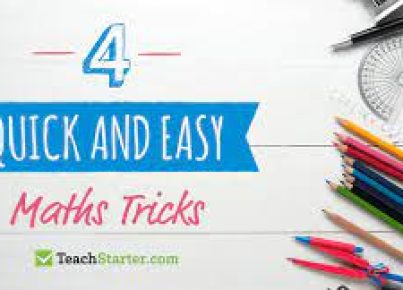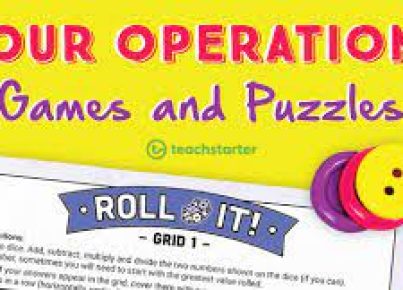Introduction
Problem-based learning (PBL) is an innovative approach to teaching that challenges students to engage with real-world problems and collaborate in finding solutions. PBL encourages critical thinking, problem-solving, and teamwork skills while fostering a deep understanding of the subject matter. If you are new to PBL or looking to invigorate your current approach, consider trying out these three activities. Additionally, continue reading for a list of free professional development resources to help optimize your problem-based learning approaches.
Activity 1: Case-Study Analysis
Introduce your students to PBL by having them analyze case studies related to your subject area. Case studies present real-life scenarios that allow students to explore the complexities of issues from various angles. Divide the class into small groups, assigning each group a different case study. Groups should work together to identify the main problems and develop potential solutions. Afterward, facilitate a discussion with the whole class, comparing various solutions and allowing students to analyze their effectiveness critically.
Activity 2: Community Problem Identification
In this activity, encourage students to think about the problems they have personally witnessed or experienced in their community. Have students brainstorm in pairs about possible issues they could address and then come together as a class to vote on one issue for the entire class to explore further. Once the class has agreed on an issue, facilitate discussions and research opportunities for students to dive deeper into its underlying causes, stakeholders, and possible solutions.
Activity 3: Project-Based Group Work
For a more immersive PBL experience, consider organizing project-based group work around specific problems related to your curriculum. Assign groups different real-life problems from your subject area that require extensive research and collaboration using various resources. Challenge groups to create an action plan outlining steps they would take if they were tasked with solving these problems. At the end of the project, groups should present their findings and action plans to their peers or even to a panel of external stakeholders or experts, allowing for feedback and self-evaluation.
Free Professional Development Opportunities:
1. Edutopia’s Problem-Based Learning Playlist: Access expert advice, tips, and strategies through a curated collection of over 50 videos on problem-based learning, available at no cost from Edutopia.
2. Coursera’s Project-Centered Learning Course: Offered by HEC Paris, this free course aims to help you design project-based learning experiences for your students that enhance their engagement and promote deep learning.
3. Microsoft Education Center: Offering several free professional development courses on topics such as implementing problem-based learning projects, integrating technology into the classroom, and fostering student engagement through collaboration.
Conclusion
Problem-based learning is an effective method for engaging students in the learning process by tapping into their natural curiosity and desire to problem-solve. These three activities form a solid foundation to get started with PBL while inspiring critical thinking and teamwork. Take advantage of the free professional development resources available to further enhance your PBL skills and create even more enriching experiences for your students.





